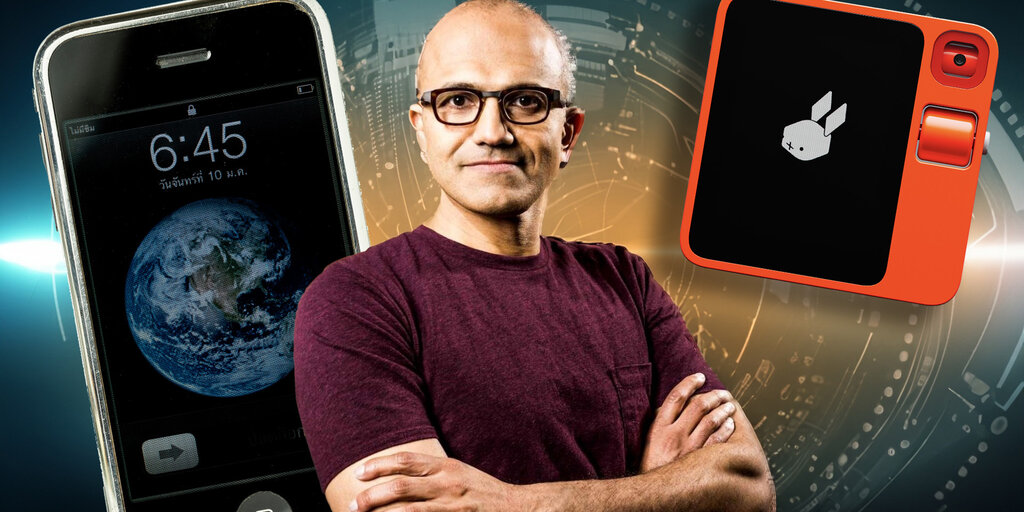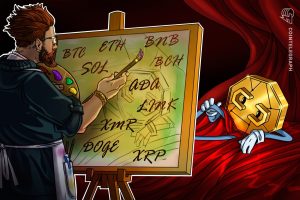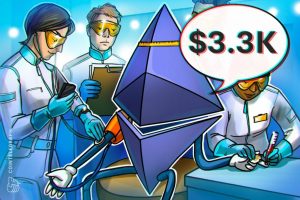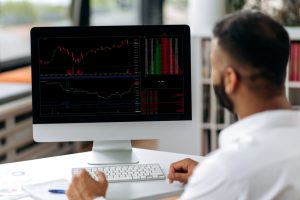Microsoft CEO: Rabbit R1 AI Gadget Was ‘Most Impressive’ Demo Since Steve Jobs’ iPhone Unveiling
2 years ago admin
During a wide-ranging conversation in Davos, Microsoft head Satya Nadella weighed in on artificial intelligence and the future of computing and consumer technology. And even from the opposite side of the globe as CES, he was impressed with the debut of the Rabbit R1.
“I thought the demo of the Rabbit OS and the device was fantastic,” he told Bloomberg. “I think I must say, after Jobs and the launch of iPhone, probably one of the most impressive presentations I’ve seen.”
The AI-powered standalone hardware generated mixed reactions, from people who thought the device was revolutionary to skeptics who didn’t understand why you wouldn’t just use your smartphone. Nadella counts himself among the former.
Nadella opined on the state of AI and how the technology is changing as new more powerful models and products appear, and suggested that the Rabbit portends a future where agent-centric operating systems—not discrete apps—handle all user interactions.
“To me, the relationship we all will have with computers is going to be now with an agent, which will be on all your computers,” he said. “That, I think, is going to be the defining category of this next generation.”
The Rabbit R1 runs what its maker calls a Large Action Model, which understands websites and is able to learn and executes tasks for users. The device sold out within a hours, even with minimal details and plenty of outstanding questions about everything from how user intervention is triggered and its overall business model.
Beyond Rabbit, Nadell’stouched upon various facets of AI integration into everyday life and business. He pointed out the transformative role of AI in science, especially in accelerating progress in fields like chemistry and biology.
“AI will do to science, perhaps, is the most interesting thing to me… bringing 250 years of chemistry down to 25 years,” he said during a separate conversation in Davos hosted by WEF itself, emphasizing AI’s capability to find new materials, discover new biological procedures and push science forward.
Nadella also clarified that Microsoft is not particularly affected by the US-China AI war.
“China is not a large business for Microsoft,” he said. “Fundamentally we do business in China in order to support other multinationals going into China.”
He did warn, however, about potential sanctions on AI related exports and imports.
“The worst mistake any civilization, any society can make is to somehow shut yourself off from knowledge that’s being created elsewhere,” he emphasized.
The Microsoft CEO also reflected on the company’s thriving partnership with OpenAI, describing it as a symbiotic relationship that mutually reinforces each firm’s strengths.
“Open AI and Microsoft… I think it’s a partnership that is based on each of us really reinforcing what each other does,” he stated. Nadella drew parallels with historic collaborations like Intel and Microsoft, and SQL Server with SAP, making it clear that the tech giant has all the intentions to deepen its partnership with OpenAIHowever, that partnership between OpenAI and Microsoft is being investigated by regulators all around the world. For his part, Nadella says the two companies sparked the whole AI revolution, and that antitrust actions should not be about the size of the companies involved. He said that if Microsoft didn’t risk its money and invest in OpenAI while it was in its early stages, the story of the AI and tech industry would be very different today.
“If Microsoft had not taken the highly risky bet … We wouldn’t have had what we have.” he concluded.
Edited by Ryan Ozawa.















